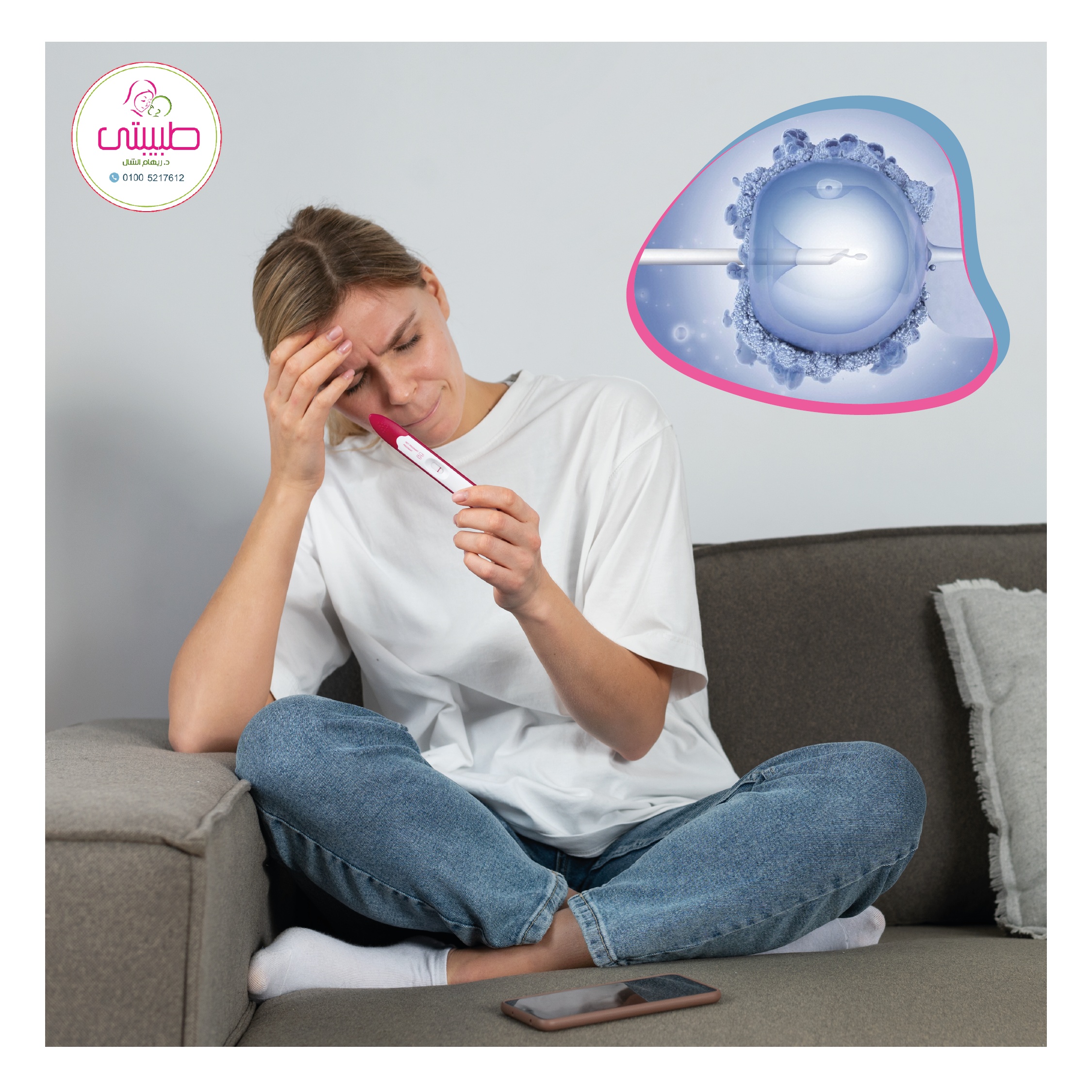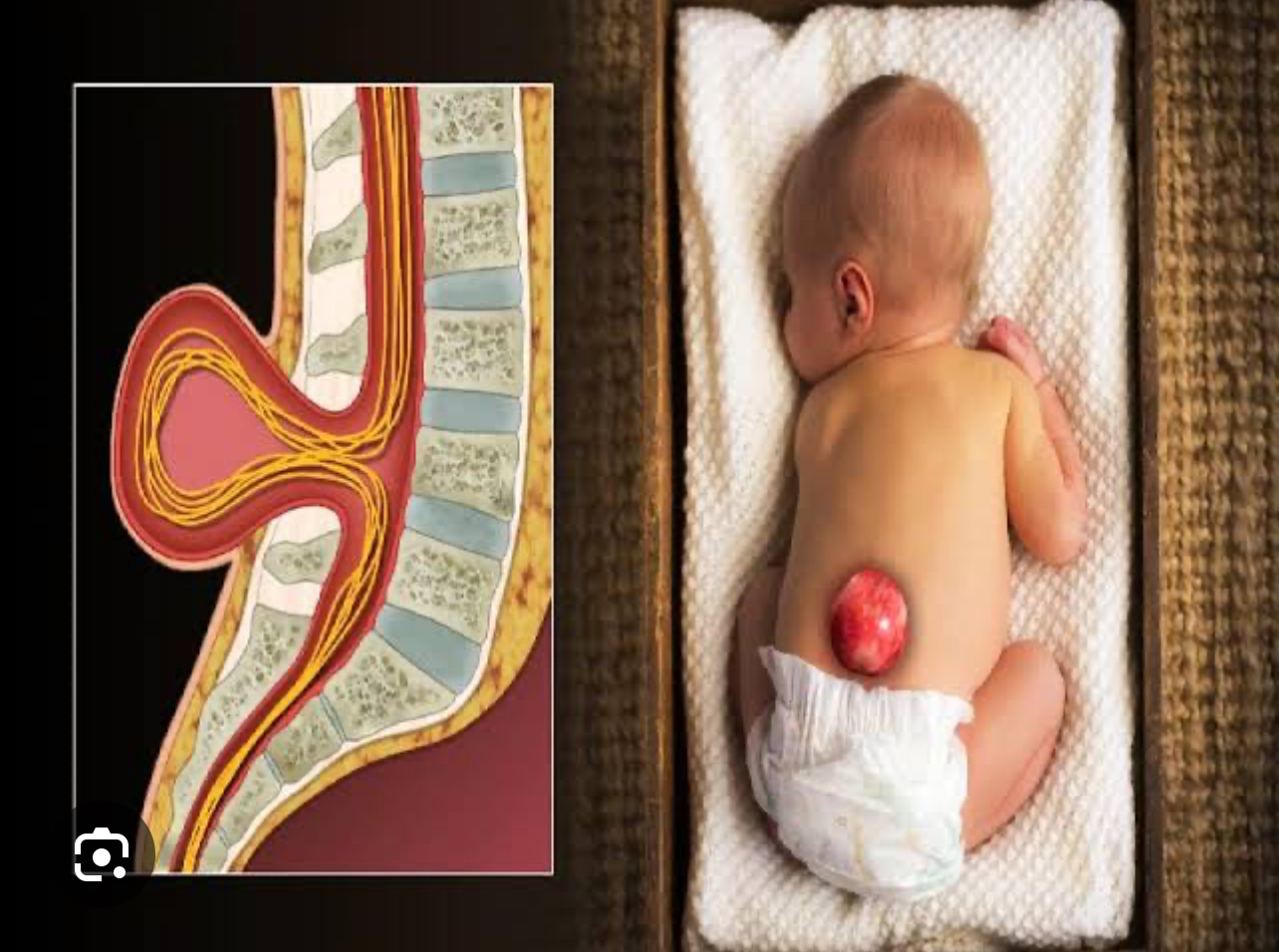The Difference Between IUI, ICSI, and IVF: Which One Is Right for You؟
During the journey of treating infertility, many couples find themselves asking:
“What’s the difference between Intrauterine Insemination (IUI), Intracytoplasmic Sperm Injection (ICSI), and In Vitro Fertilization (IVF)? When should we choose one over the other? Are they really different, or just different names for the same thing?”
Today, we’ll break down each of these procedures simply—what they are, why they’re done, when, and for whom.
First: Intrauterine Insemination (IUI)… The Simplest Form of Assisted Reproduction
IUI is one of the assisted reproductive techniques, but it’s the least invasive and simplest. It is generally used in two situations:
1. Ovarian stimulation using fertility medications, followed by ovulation monitoring through ultrasound.
2. Semen preparation—where the sperm is washed, filtered, and prepared.
Once the dominant follicle reaches 18–22 mm in size, and ideally there’s more than one mature egg to improve chances, the prepared sperm is inserted directly into the uterine cavity using a thin catheter.
Here, we’re not retrieving the eggs or handling them directly. We’re just helping the sperm by shortening the distance they have to travel. This increases the chances of natural fertilization inside the body, without directly interfering with the egg.
However, for IUI to work, certain conditions must be met:
• Fallopian tubes must be healthy and open.
• Sperm must have reasonable motility and quality.
• Eggs must be ready and mature.
If sperm is weak or has high levels of abnormalities, can it complete the rest of the journey and fertilize the egg? Unfortunately, no. That’s why IUI doesn’t work for everyone.
Second: Intracytoplasmic Sperm Injection (ICSI)… A More Advanced Step When Conditions Aren’t Ideal
When the fallopian tubes are blocked, or when there’s a problem with egg quality or quantity, or significant sperm abnormalities—ICSI is often the next step.
This process starts with controlled ovarian stimulation using a strong medication protocol, designed to produce as many mature eggs as possible. Then, the eggs are retrieved from the ovaries using a fine needle inserted vaginally under ultrasound guidance.
At the same time, a semen sample is collected, and the best sperm are selected for injection.
ICSI vs. IVF: What’s the Difference?
ICSI and IVF are both lab-based fertilization methods, but they differ in how sperm and egg meet:
• In ICSI, a single sperm is directly injected into the egg using a microneedle.
• In IVF, sperm is simply placed next to the egg, and it’s left to fertilize it naturally.
The choice between ICSI and IVF is made by the lab team, depending on the quality of the sperm, the number and condition of eggs, and the couple’s medical history.
From the woman’s perspective, the steps are the same in both methods—the difference lies inside the lab.
Watch the video here:
So When Should Each Procedure Be Used?
• IUI: When there is a minor issue with sperm, or in unexplained infertility, and the fallopian tubes and eggs are healthy.
• ICSI: When there are blocked tubes, very poor sperm quality, or low egg count or quality.
• IVF: When sperm can swim and penetrate the egg but external assistance is needed to enhance fertilization.
What About Success Rates?
ICSI has higher success rates than IUI, sometimes up to double the chances.
But in the end, the outcome is in the hands of God Almighty. We are just taking the steps and making the best possible decisions—but He decides the result.
If you’re struggling with infertility, we’ve put together detailed, scientifically supported lessons covering everything you need to know about delayed conception. These are designed to help you achieve the dream of motherhood that you truly deserve:







